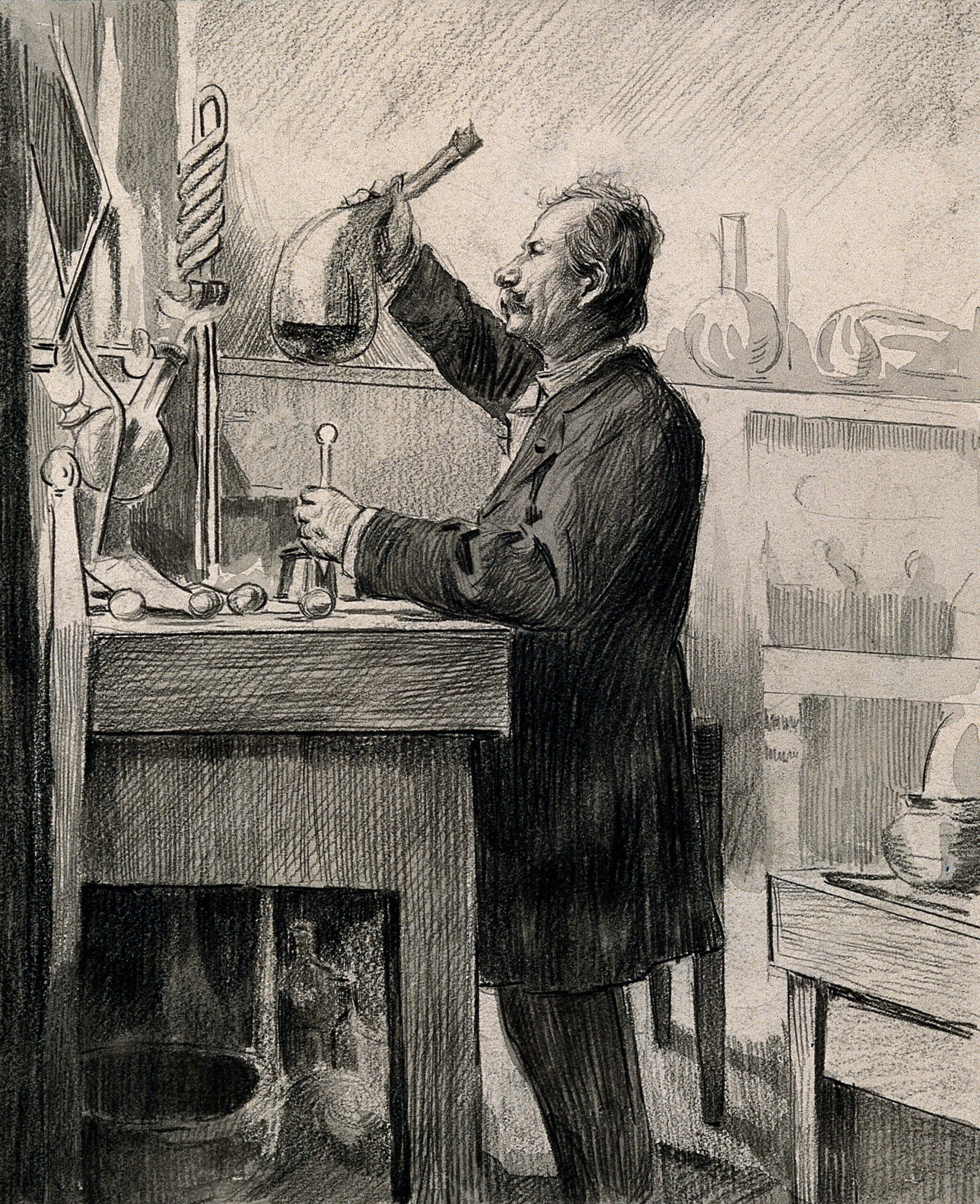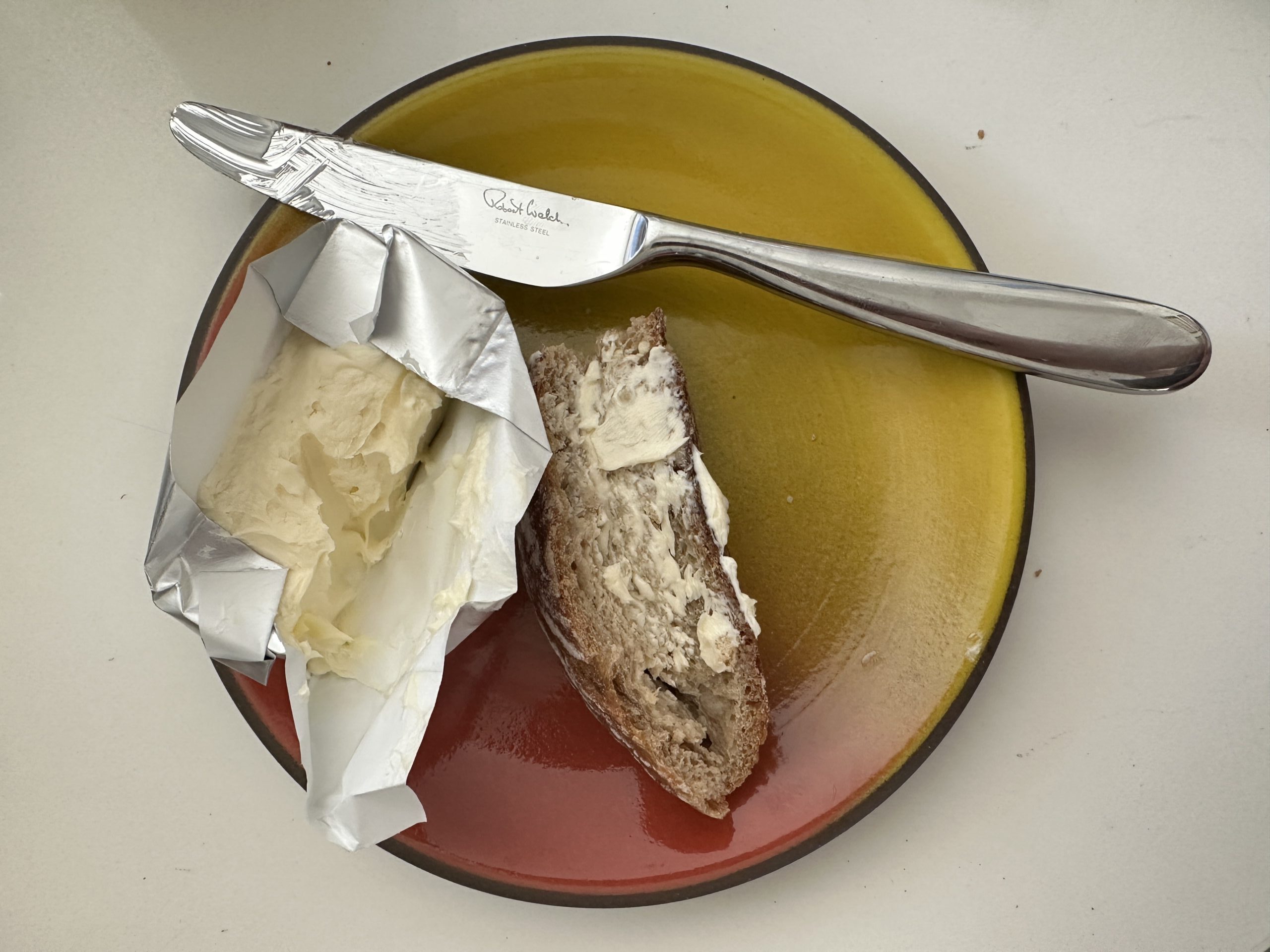Gastropod looks at food through the lens of science and history.
Co-hosts Cynthia Graber and Nicola Twilley serve up a brand new episode every two weeks.
Co-hosts Cynthia Graber and Nicola Twilley serve up a brand new episode every two weeks.
Science writer Bill Gourgey reported on the history of making food from air for Popular Science.

Kathleen Alexander is the co-founder and CEO of Savor, which is producing fats from CO2 to take the place of butter and palm oil. For now, if you want to try it yourself, you'll have to pre-order their limited edition bonbons.
Juha-Pekka Pitkänen is the chief scientific officer and co-founder of Solar Foods, which is producing a protein powder from the microbe SoF1. If you live in Singapore, you can already taste the results in the form of ice-cream sandwiches and non-dairy creamer.

Monsi Roman is a retired microbiologist and program manager at NASA. She was previously the program manager for NASA's Centennial Challenge program, including the CO2 Conversion Challenge, which ran from 2021-2024.
Collin Timm is a chemical and biological engineer at the Johns Hopkins Applied Physics Laboratory. He is working on creating food from air for deployed soldiers as part of the Defense Advanced Research Projects Agency (DARPA) Cornucopia program.
This episode of Gastropod was supported by a generous grant from the Alfred P. Sloan Foundation for the Public Understanding of Science, Technology, and Economics. Check out the other books, movies, shows, podcasts, and more that they support here.
This episode of Gastropod was supported in part by the Burroughs Wellcome Fund for our coverage of biomedical research.
Click here for a transcript of the show. Please note that the transcript is provided as a courtesy and may contain errors.